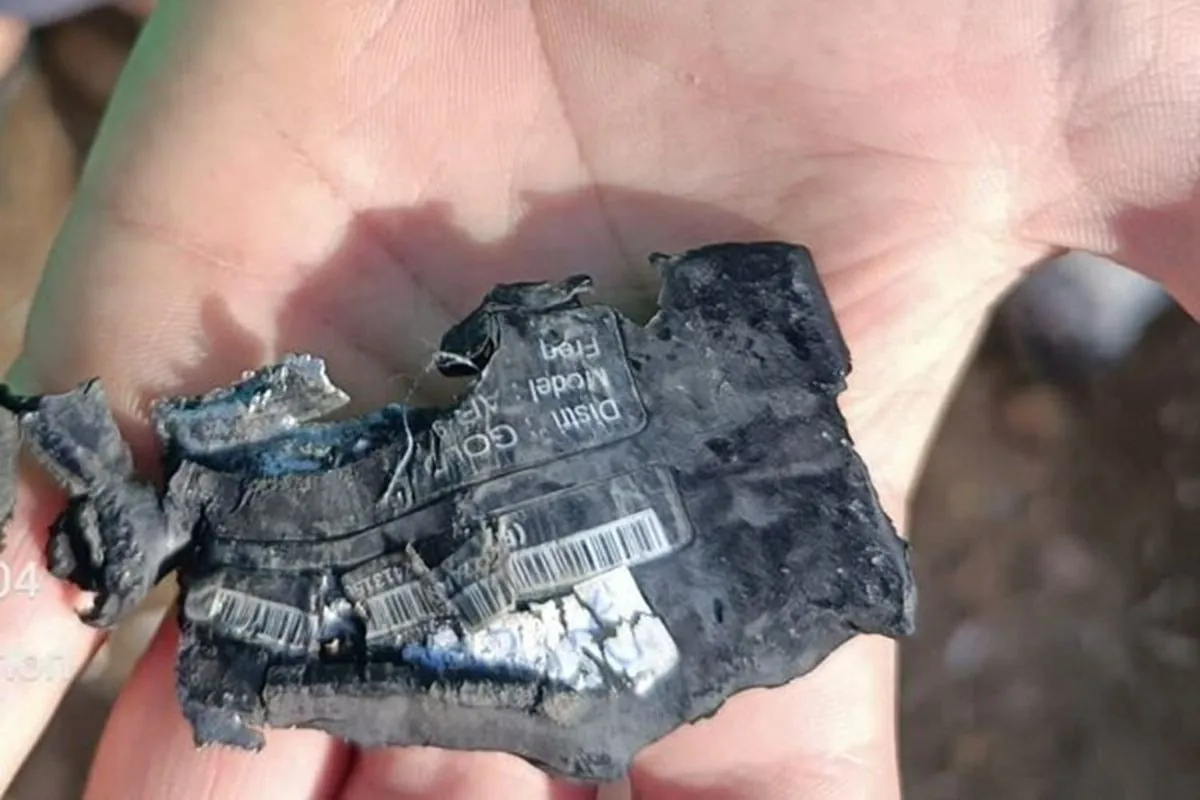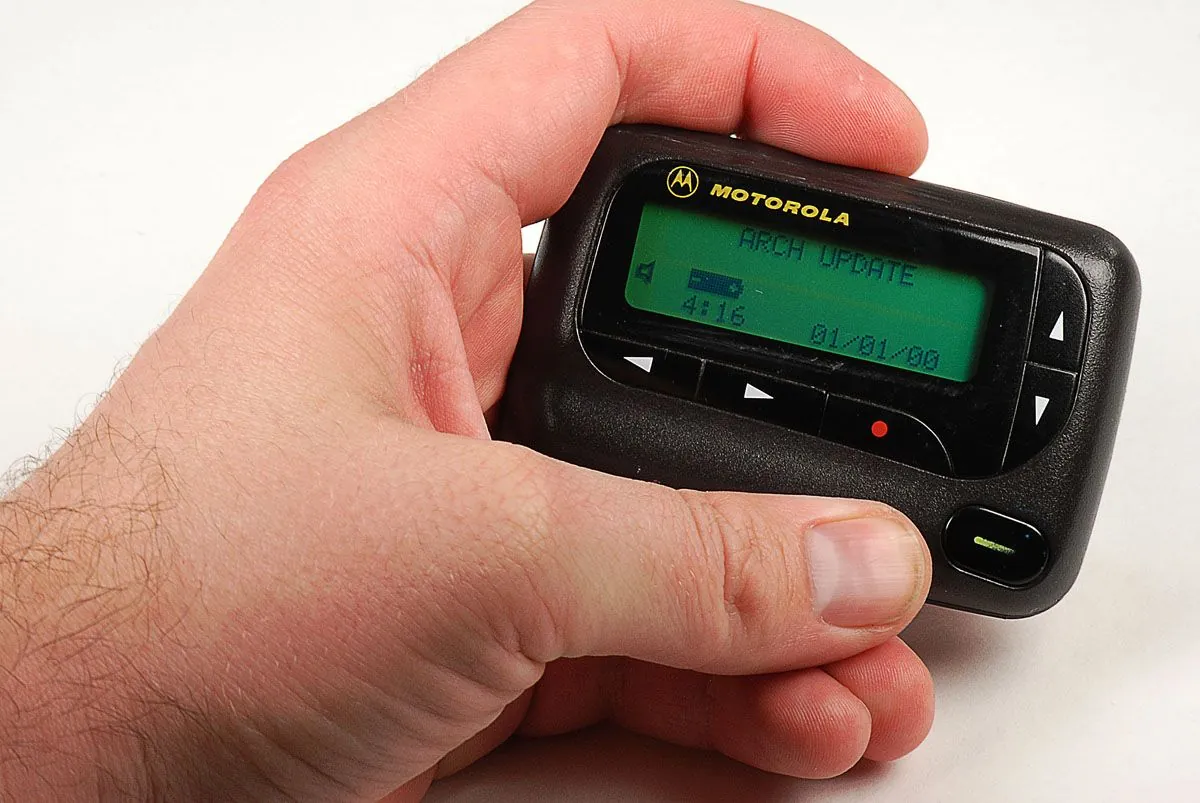Taiwan's Gold Apollo Denies Making Pagers in Lebanon Explosions
Gold Apollo, a Taiwanese company, refutes involvement in Lebanon's recent pager explosions. The incident, linked to Hezbollah, resulted in multiple casualties across the country.

In a recent development, Hsu Ching-Kuang, the founder of Taiwan's Gold Apollo, has firmly denied his company's involvement in manufacturing the pagers that detonated across Lebanon on 2024-09-17. The explosions, linked to Hezbollah members, resulted in a tragic loss of life and numerous injuries.
The incident, which occurred just yesterday, claimed at least nine lives and left nearly 3,000 individuals wounded. The simultaneous detonations of pagers across Lebanon have raised serious concerns about security and the use of communication devices for malicious purposes.

Reuters conducted an analysis of images showing the destroyed pagers. The examination revealed that the format and stickers on the back of these devices bore a striking resemblance to pagers produced by Gold Apollo. However, Hsu Ching-Kuang provided clarification on this matter during a press conference held today.
According to Hsu, the pagers involved in the explosions were not manufactured by Gold Apollo. Instead, he stated that a European company, which had been granted the right to use the Taiwanese firm's brand, was responsible for producing these devices.
"The pagers used in the explosion were made by a company in Europe that had the right to use the Taiwanese firm's brand."
This incident highlights the complex nature of global manufacturing and branding rights in the electronics industry. Taiwan, known for its significant role in high-tech manufacturing, particularly in semiconductor production, has been a key player in the global electronics market for decades.
It's worth noting that pager technology, invented in the 1950s, reached its peak popularity in the 1980s and 1990s. Despite the widespread adoption of smartphones, pagers continue to be used in certain sectors due to their reliability in emergency situations.
The use of pagers in this attack raises questions about the potential exploitation of older technologies for nefarious purposes. Lebanon, a country with a population of approximately 5.5 million as of 2024, has faced numerous challenges in recent years, including political instability and economic difficulties.
As investigations into this tragic event continue, it remains crucial to verify the origins of the devices used and to address the security implications of such incidents. The international community will likely be watching closely as more details emerge about this attack and its broader implications for regional security.


































